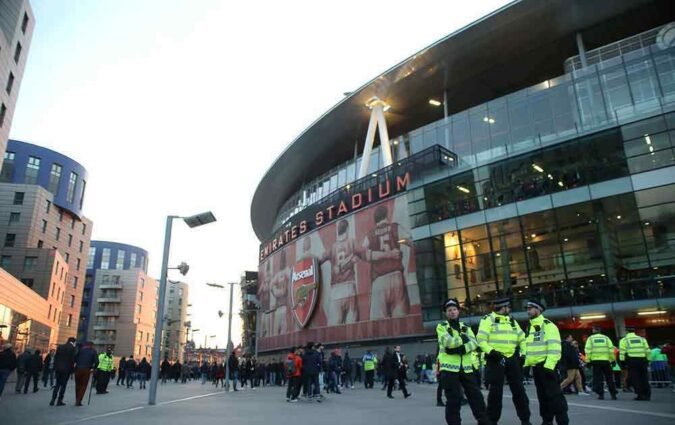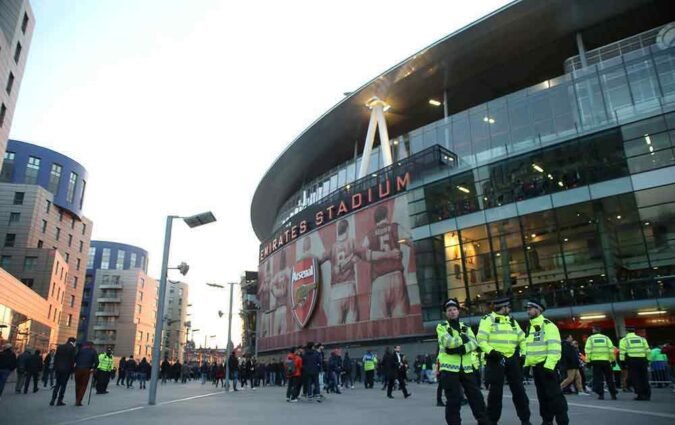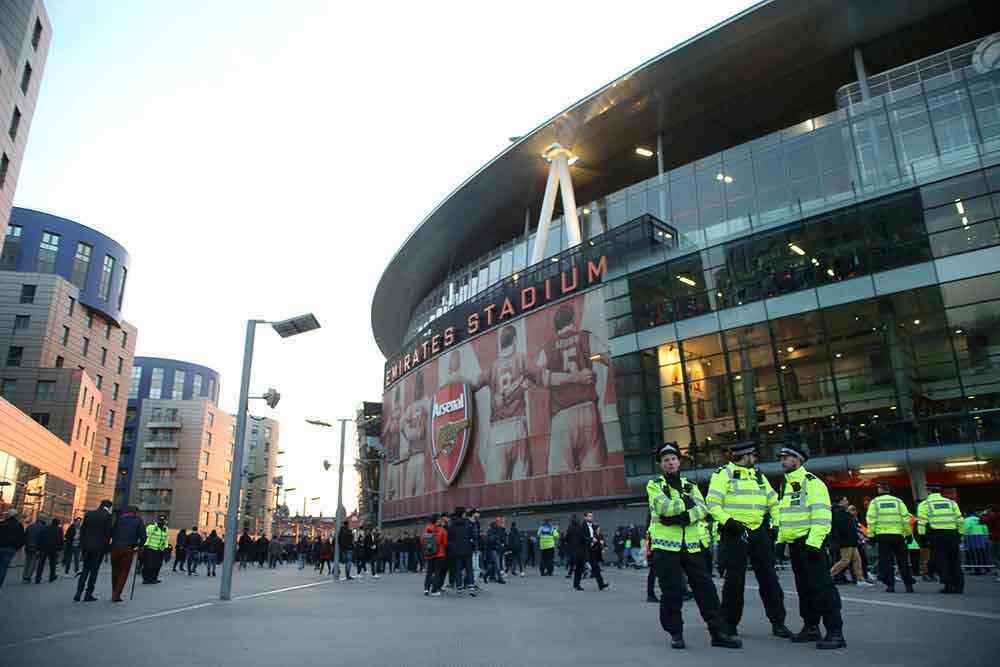In the era in which all sorts of people, from distant sheiks to shady Chinese corporate dealers who don’t quite seem to have the amount of money that every thought they had, buy up English football clubs, it is slightly odd that so much concern has been expressed over the move of Mr Kroenke to buy out Mr Usmanov and thus take total control of the club.
After all, he already had the majority ownership, so what’s the big deal?
Part of the concern probably comes from fact that Arsenal has had multiple ownership for many a long year. It was in fact since 1910, when Henry Norris took over the debts of the crumbling Woolwich Arsenal FC, and paid everyone from the gentleman’s outfitter (who had been paying the staff’s wages when there was nothing left in the kitty) to the architect of the new stand in the Manor Ground (who had for some odd reason never formally presented a bill to the club).
But as soon as he owned 100% of Woolwich Arsenal, Henry Norris started divesting himself of shares in the club. Unfortunately, although the local populace and the area’s journalists had proved themselves to be very good at telling anyone who would listen, what should happen to the club, they were also very poor at actually supporting the club. Crowd figures went down and down, and the club neared extinction.
Since then Henry Norris’ reputation has been seriously (and totally falsely) undermined by Leslie Knighton, Arsenal’s manager, who 20 years after his dismissal from the club and 10 years after Norris’ death, wrote the most scullious autobiography which blamed Norris for everything, and himself for nothing. But the reality is, the man who did more than anyone to persuade supporters to own the club they supported, was Henry Norris.
Among the many truths that were lost through the subsequent misreporting of history was the fact that Norris’ great aim during his time at Arsenal was to build up a diverse ownership of the club with fans and local businesses all having ownership of small part of the club.
This pattern of diversity began to be undermined in later years as smaller and smaller numbers of men and women gained more and more shares, until ultimately all the remaining shareholders decided to sell to Kroenke – a man who Peter Hill-Wood, when chairman of the club, once wonderfully insulted by saying “we don’t want his sort here”.

But his sort did come here and Kroenke got a majority shareholding in the club. Mr Usmanov had a sizeable minority stake, but it gave him no rights – he wasn’t a director, and it was only through the largesse of the board that Mr Usmanov was offered the right to use the director’s box from which to view games.
Now, Mr Kroenke has offered Mr Usmanov money for the latter’s shares, and the offer has been accepted.
This takes Mr Kronke to a level of ownership of around 97% wherein, in the course of the next year, he will be able forcibly to buy out the remaining shareholders and own the whole club.
This in turn will allow him to take dividends from the club without having to give money to anyone else, and keep the club’s finances secret. In short when Arsenal makes a profit it won’t be known and most certainly won’t automatically go back to the club, it can be paid to Mr Kroenke.
And since the club will probably be registered in the US tax haven state of Delaware, Mr Kroenke won’t pay much, if any tax, if he takes Arsenal’s profits and puts them in his own pocket. 1-0 to Mr Kroekne.
What this means is that any notion of Mr Kroenke putting vast sums of money into Arsenal in order to allow Arsenal to take on Manchester City, Manchester United, Liverpool and Chelsea on more equal financial terms, is much diminished. He might allow the club some extra money from the profits, especially if he thinks Arsenal otherwise could lose their Premier League status, or if the crowds go down, but he doesn’t have to.
As for any dispute in law about the running of the club, this would be heard by a judge not a jury, in Delaware.

So can anything be done to stop Mr Kroenke in this plan? Actually, yes, because the ultimate power does rest with the supporters – although whether they will ever use it is probably unlikely. But just to see the possibilities, consider this option…
Mr Kroenke starves Arsenal of cash, so that there is clearly not the slightest chance of Arsenal winning the League. Even visits to the Champions League become occasional.
As a result the crowds would go down – but supposing one of the supporters groups upped the pressure and organised an effective boycott of not just the games, but also the club shop and all the club’s sponsors.
Sponsors would quickly draw back when they found the pouring a fortune into Arsenal sponsorship actually meant their sales went down, rather than up.
Meanwhile money from TV and similar sources would deline, and with the club’s revenue falling and the team heading for not just the Championship but perhaps League 1, Mr Kroenke would either decide to start putting money back into the club or even meet with supporters’ clubs to discuss the future.
This is where Arsenal supporters would have a huge advantage over their fellows in the US who support Kroenke owned “franchises”. In the US there is no relegation. In the UK there most certainly is.
So ultimately, Mr Kronke will actually never have total power. But it would be false to think that under this situation Arsenal will do well. To compete with clubs like Chelsea and Manchester City which are funded by revenues far greater than Mr Kroenke’s, Arsenal needs money to buy the very best players in the world. And here they would be competing with sovereign wealth funds and the oil riches of one man who will spend whatever it takes.
Sadly I think a constant struggle to get back to fourth is what we shall see. The days of 20 years consecutively in the Champions League will seem like a long lost dream – the golden age of Arsenal in fact. Fourth might never have been a trophy, but it will start to seem like one unless Unai Emery is capable of “turning water into wine” so to speak.
